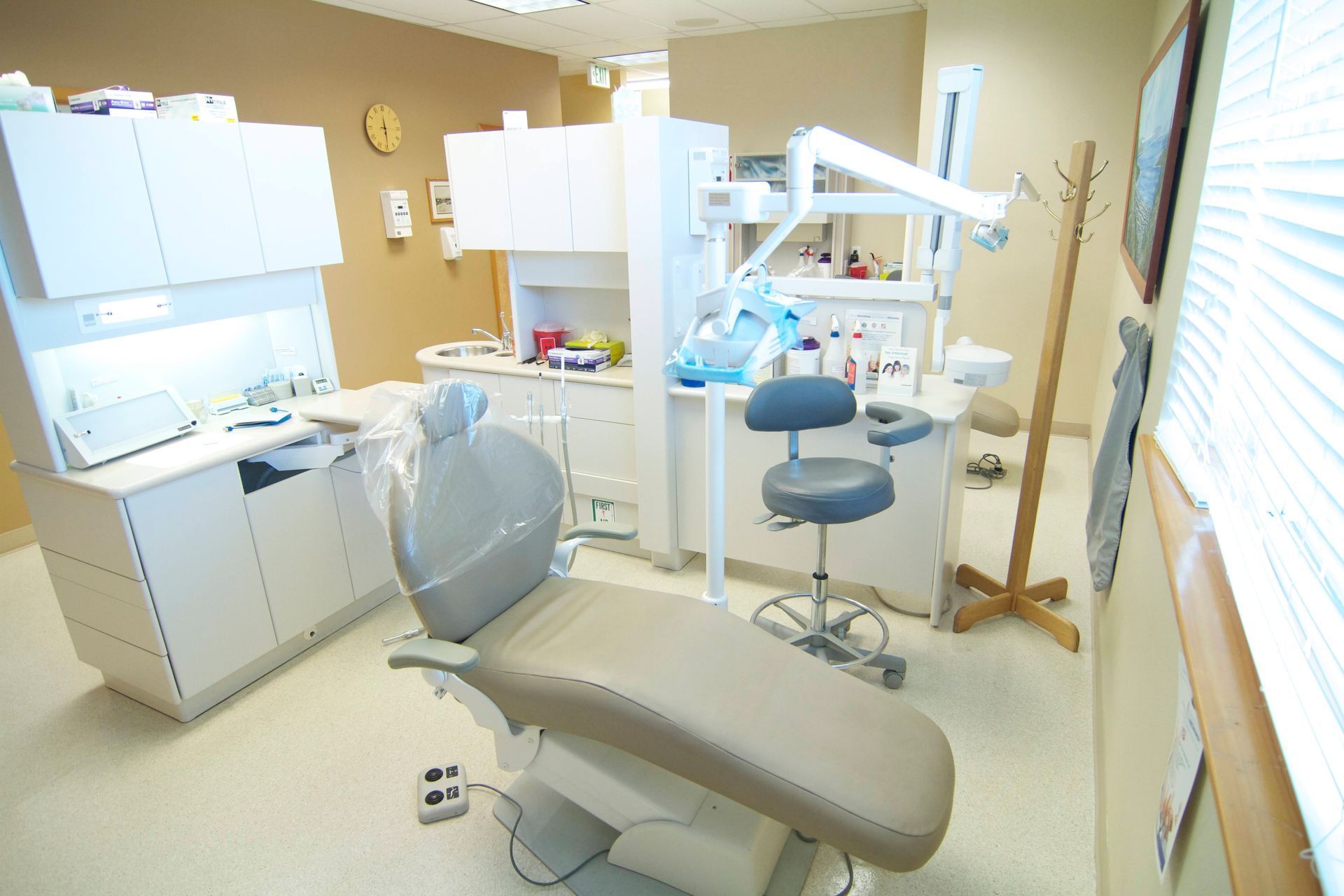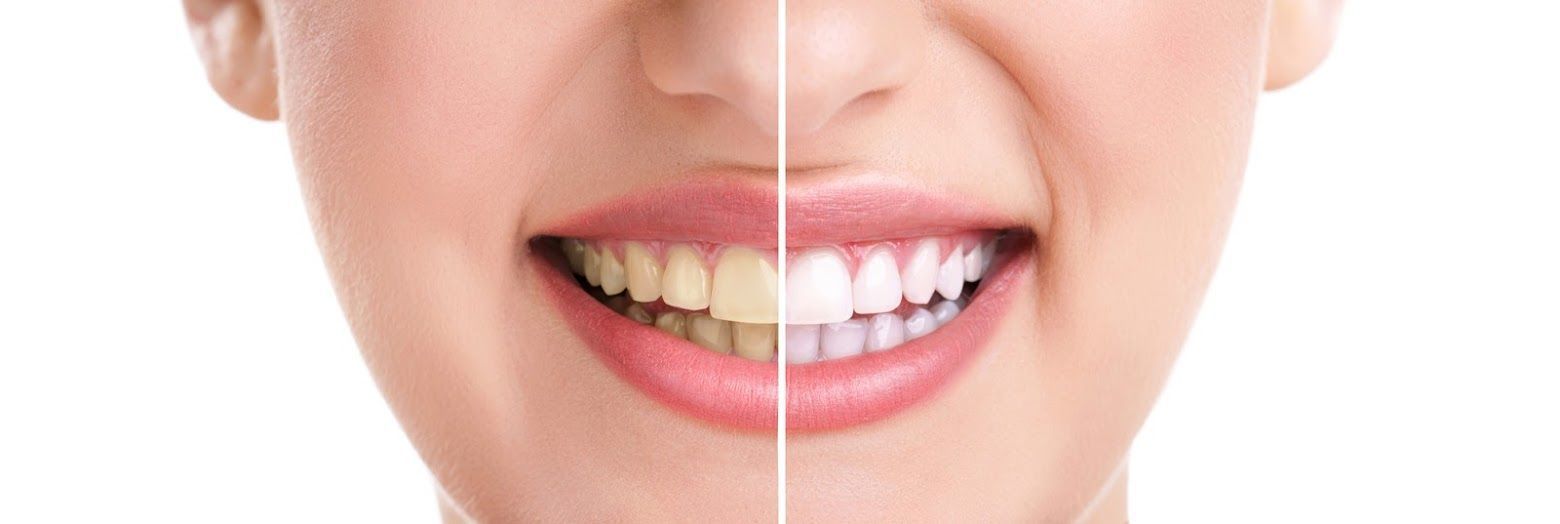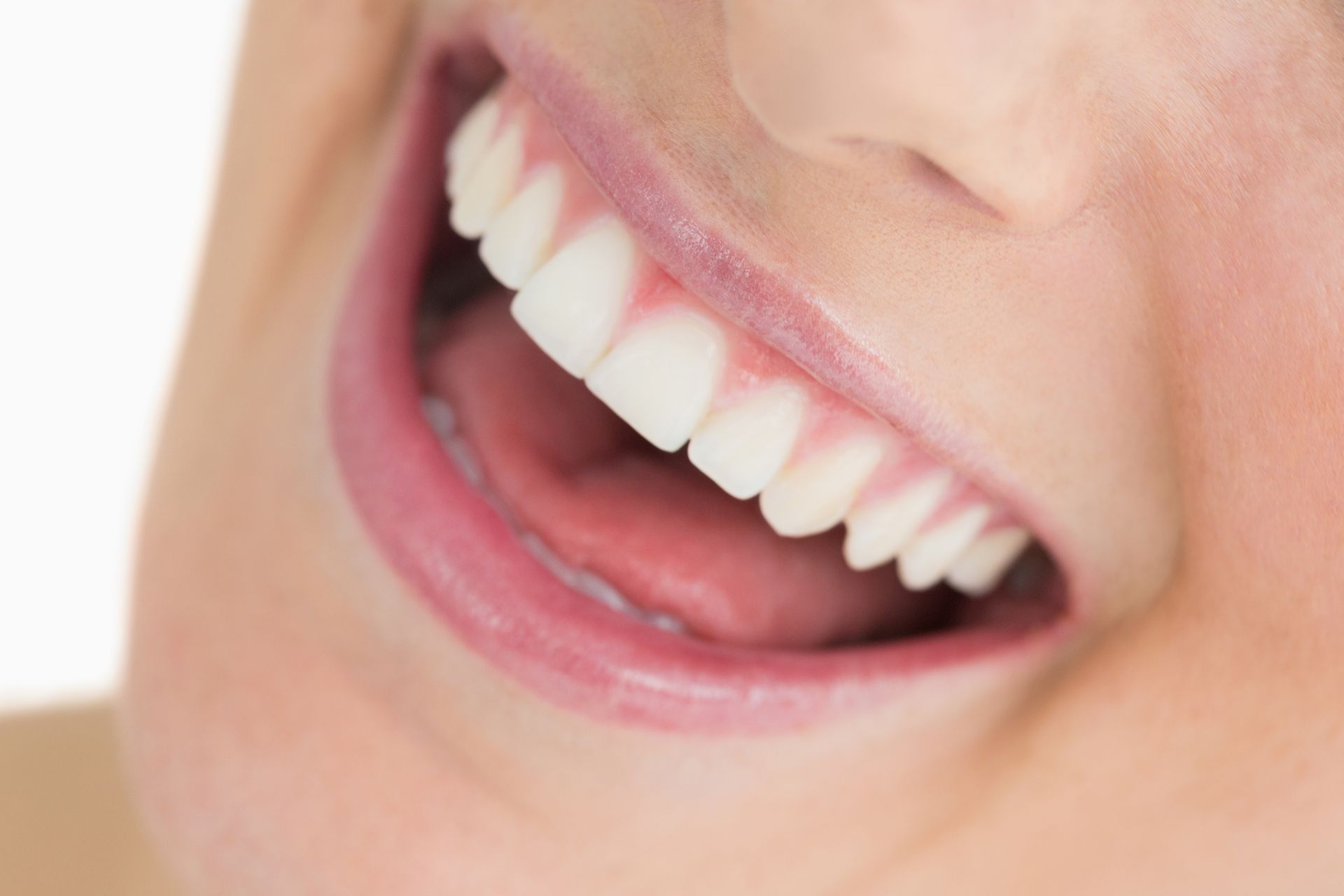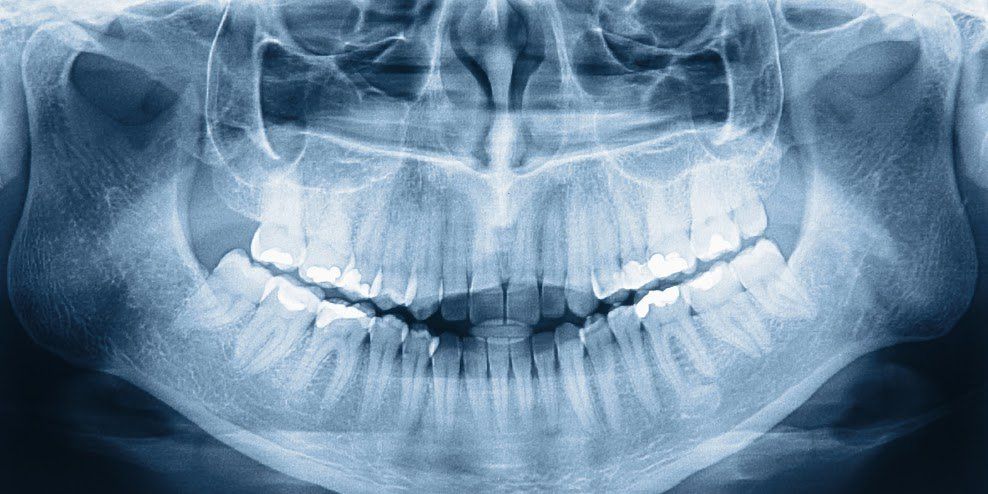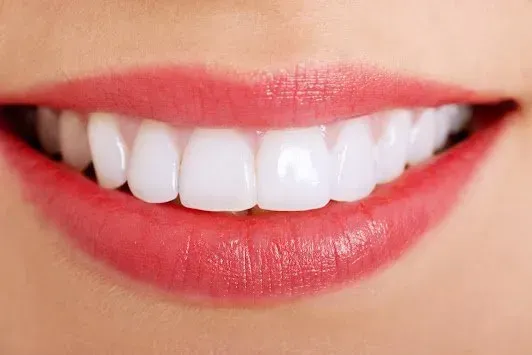4 EXPLANATIONS FOR THOSE STRANGE CHIPS IN YOUR MOUTH

1. Dislodged Tartar
2. Bone Spicules
3. Tooth Breakage
4. Tooth Breakage
Once people receive dental fillings, they tend to forget all about them. These plugs of metal or composite materials usually do their job without creating any discomfort or inconvenience. Unfortunately, changes in your enamel or the fillings themselves can cause them to wear out, lose their grip on the enamel, and fall out.
Although a lost filling doesn't count as a dental emergency unless it causes you pain, you shouldn't let the problem go unattended. That hole in your tooth can invite bacteria into the pulp chamber, in which case you might need to undergo a root canal or extraction.
If you struggle with bone chips, a lost filling, a tooth fracture, or some other issue that has left mysterious chips in your mouth, schedule an appointment at Desert Dental. We can determine the nature of the problem and perform any necessary repairs or other procedures to get you feeling confident about your smile again.

